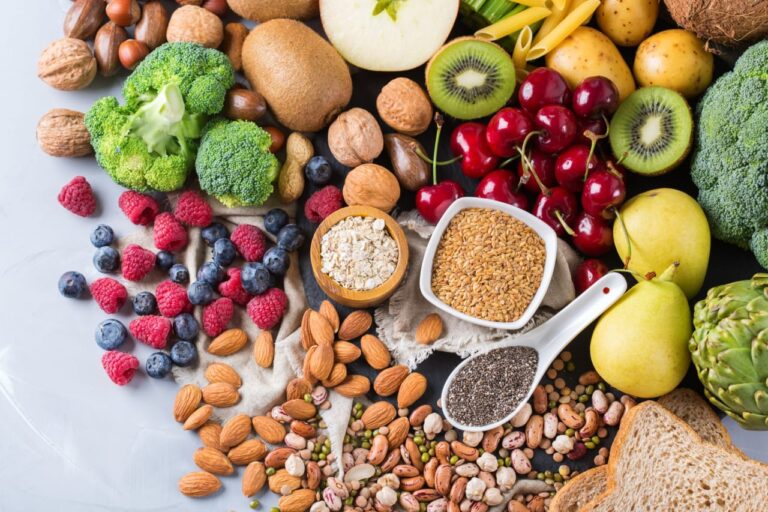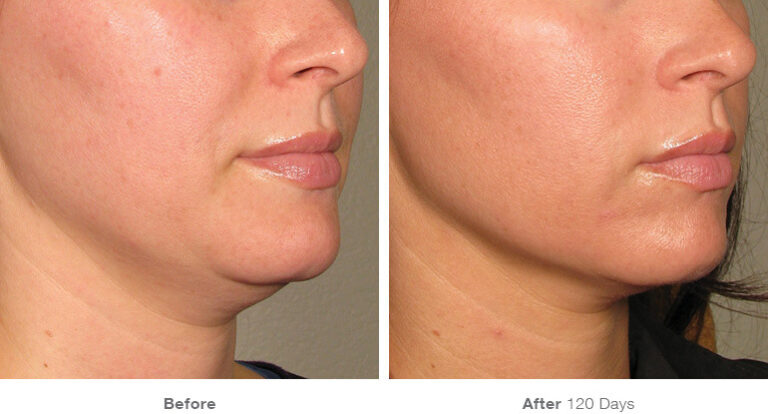Eldercare Nutrition: Tailoring Dietary Plans for Stay-at-home Seniors

As the golden years descend upon our loved ones, their nutritional needs take a pivotal turn. The article titled Eldercare Nutrition: Tailoring Dietary Plans for Stay-at-home Seniors is not just another piece on healthy eating. It’s an unconventional exploration into understanding the unique dietary demands of seniors who’ve chosen to age gracefully within the coziness of their homes.
The realm of eldercare nutrition does not subscribe to one-size-fits-all solutions — it requires careful planning and personalization. Imagine cooking a gourmet meal, where each ingredient is added with deliberation and precision; crafting a dietary plan for seniors follows a similar artistry. This read is your stepping stone into creating healthy yet delectable menus, which are as nourishing as they are appetizing!
Understanding the Importance of Eldercare Nutrition
Eldercare nutrition is more than just a matter of ensuring our seniors eat regularly; it’s fundamentally an investment in their health, vitality, and overall quality of life. Aging alters various body functions, including metabolism and nutrient absorption ability, prompting a shift in nutritional needs to accommodate these changes. Proper nutrition can enhance mental acuteness, boost energy levels, and fortify immune defenses, playing a crucial role in managing or preventing chronic age-related diseases like hypertension, osteoporosis or diabetes. Anso optimal eldercare nutrition could be the key to unlocking prolonged independence for older adults.
Perhaps less understood but equally vital is the influence of good nutrition on emotional well-being among elders. The social aspect associated with meals can offer an irreplaceable source of connection and community that counters feelings of loneliness – one of the most significant risk factors for elderly depression. Undoubtedly then nourishing our seniors goes beyond filling their plates; It’s about holistic care that appreciates feeding as both a physiological necessity and a memory lane brimming with life’s flavors and shared stories that breeds joy.
Assessing Nutritional Needs for Stay-at-home Seniors
As seniors age, their nutrition needs change; it often becomes a challenging aspect of their daily life. Specifically for our stay-at-home seniors, lack of physical activity, decreased metabolism and evolving medical conditions can drastically affect dietary habits. It is crucial to understand that nutritional needs aren’t just about the quantity of food consumed but pays more attention to the quality.
Various studies have underlined the importance of balanced nutrition in managing age-related ailments like arthritis, diabetes and heart diseases. Furthermore, good nutrition acts as a line of defense against common infections by boosting immunity. Meal planning for seniors at home is no less than an art which requires understanding individual preferences infused with scientifically recommended diet options. Through this fine-tuning process, we ensure not only wholesome consumption but also bring joy during meal times – adding colors to those golden years!
Common Nutritional Concerns in Aging Adults
As adults age, their nutritional needs undergo transformative shifts. One common issue often faced is malnutrition stemming from both biological and lifestyle changes that accompany aging. This can result from a decline in appetite, poor absorption of nutrients, chronic diseases or even dental problems limiting food choices. In contrast to the common perception, malnutrition isn’t limited to not getting enough food; it also encapsulates overeating or consuming foods lacking crucial vitamins and minerals.
Another concern closely bound with aging is bone health deterioration due to a deficiency¬¬y in critical components such as Calcium and Vitamin D. Notably, research suggests nearly 54 million people above 50 years old suffer from osteoporosis or low bone mass in the US alone! Also, alarming is the increase in instances of obesity among older adults attributable to several factors including slowed metabolism and decreased physical activity due to age-related impediments. It’s imperative for older adults then not just focus on restricting calories but ensuring they are nutrient-rich instead.
Underlying these issues though is an essential aspect seldom discussed: dehydration – an underrated threat yet formidable adversary multiplying risks for various health conditions like urinary tract infections, pneumonia etc., more prevalent as we age. Indeed, thirst sensation decreases with advancing years making older individuals prone to being chronically dehydrated without even realizing it! Hence hydration too demands prime attention when creating a comprehensive nutritional plan for mature adults!
Personalizing Dietary Plans: Factors to Consider
Delving into the vast realm of personalized elder care, it becomes apparent that personalizing dietary plans is a cornerstone. It’s not simply about accommodating personal preferences or meeting basic nutritional requirements; the undertaking requires an astute understanding of various factors such as specific health conditions, age-associated metabolism changes and even distinct cultural or personal beliefs. For instance, a senior struggling with diabetes will need a different diet plan than another contending with cardiovascular issues.
Interestingly, a deeper exploration into the personalized elder care pathway elucidates an essential factor: Psyche. Just like anyone else in their prime years, our elders hold on to certain food-related sentiments too – memories of family meal traditions or beloved dishes can significantly impact dietary choices. Personalizing a diet should take these emotional connections into account for optimal efficiency and acceptance—the key lies in giving the nutrition they need tucked within the flavors they love.
Personalized dietary plans within elder care are massive puzzle pieces that demand sensitive handling. By factoring all health aspects: physical, mental and emotional- we can compose diets that are nutrient-rich yet emotionally comforting which elevate both their physical well-being and overall quality of life.
Incorporating Physical Activity with Dietary Plan
As we age, maintaining our health becomes crucial. This is especially true for seniors getting home care in their own homes. One essential aspect to achieving a healthier lifestyle involves marrying physical activity with a dietary plan effectively. But how does one achieve it?
Starting your day off right plays an integral role in building up your daily momentum. Seniors can engage in simple exercises— from short morning walks to light yoga stretches while savoring a nutrient-rich breakfast that fuels the body with much-needed energy. A well-thought-out diet paired with straightforward yet effective physical activities not only contribute to overall well-being but also gives seniors autonomy over their health journey within the comfort of their homes.
Commitment to Healthy Aging through Nutrition
A commitment to healthy aging through nutrition is not just a choice, but a necessity. Adopting a balanced diet rich in essential nutrients can significantly enhance our well-being and vitality during our golden years. It’s crucial to remember that it’s never too late to make positive changes in our eating habits. Let us advocate for better nutrition by educating ourselves and others about the importance of proper diet in achieving healthy aging. Take that first step today towards long-term health and wellness by making mindful food choices that will benefit you now and in the future.





